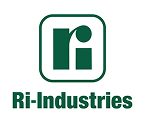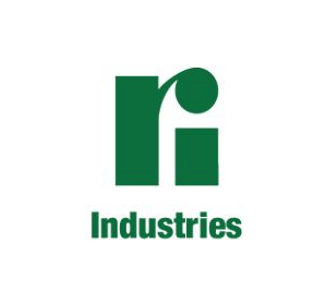There is a common misconception that toilets are designed to handle any type of waste. The truth is, just because it’s rubbish doesn’t mean it should be flushed!
While it may be fast and easy to simply flush unwanted matter down the toilet, remember, it does in fact flow somewhere, which in many cases is a septic tank. This means that some matter may turn this fast and easy solution into a big, messy problem!
Septic tanks are designed to break down organic matter. When matter is unable to be broken down, it may clog or damage the system resulting in costly repairs.
Here is a list of items which are frequently flushed, but shouldn’t be:
- Bathroom wipes – Wait, what? It even says right on the package that they’re flushable! Yes, it’s true they are advertised as flushable, but some brands degrade better than others. There is also the issue of how many wipes get flushed. Often, it is the quantity of wipes flushed into the septic tank that causes the problem.
- Condoms – This is another biggie we hear about. While the toilet may seem like an easy, even natural, disposal method, it is not a smart one. Condoms do not break down and will in time clog the system.
- Nappies – While they are filled with waste which can be safely flushed, the nappies themselves absolutely should not be. They are made from materials which are intended to expand when they come in contact with liquid, such as ….. toilet water! The problem here may occur before the nappy even makes it to the septic tank. Most likely it will get caught on the way down.
- Cat Litter – This follows the same line of thinking as nappies. It might seem a natural step to flush away the cat’s waste, but along with the waste goes clay, sand, toxin, and parasites that we never want in water systems.
- Prescription Medications – People often assume this is the smartest disposal method for prescription medications as it eliminates the concern that the medicine may be taken by someone it wasn’t intended for. Unfortunately, by flushing the medicine, groundwater gets contaminated.
This list is by no means comprehensive. The bottom line is that septic tanks are designed to handle human waste. Anything else should be placed in the rubbish. Ri-Industries are happy to discuss the do’s and don’ts of flushing. Should you have any questions, please call us at 08 8444 8100.

